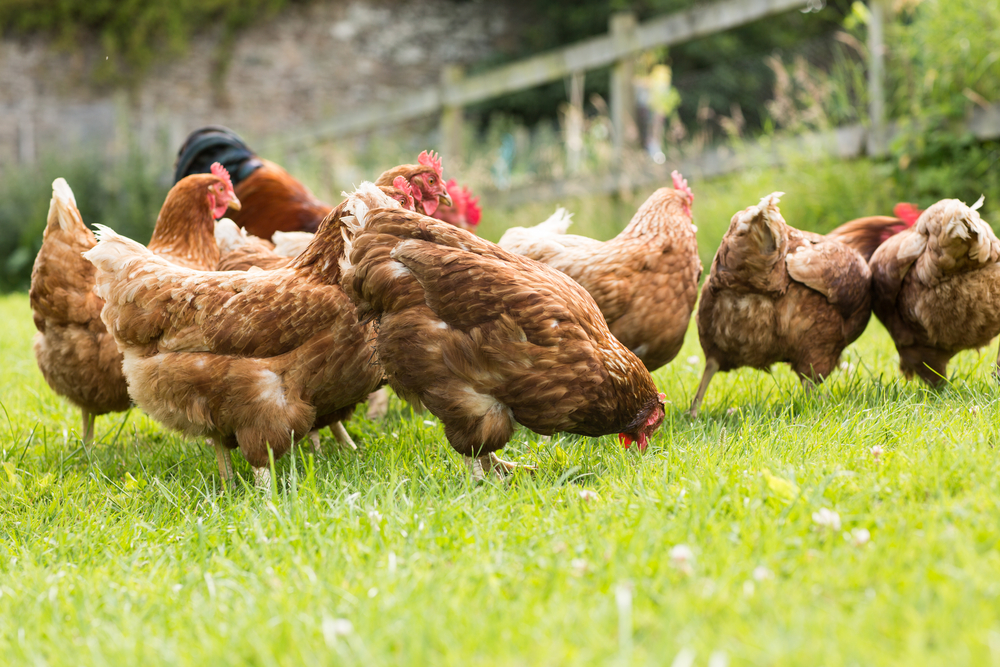Love chicken but feel bad about its living conditions? Then you’re in luck. After a long battle to end broiler farming in the Netherlands, animal welfare charities have had a big win. By 2023, only free-range chicken will be on the shelves of Dutch supermarkets.
Earlier this year, Dutch chain Albert Heijn lead the way, announcing they would stop selling battery chickens. Now all other Dutch supermarkets have followed suit, meaning by the end of 2023, you will only be able to buy chicken with at least one Beter Leven star.
Beter Leven star system
This system highlights meat, dairy, eggs, and other animal products that have paid attention to animal welfare. The more stars, the better the animal’s life.
- 1 star: there has been sufficient minimum animal welfare. It has had sufficient space, daylight, and distraction material in its life.
- 2 stars: there has been good attention to animal welfare. As well as more living space, the animals have been allowed to go outside.
- 3 stars: there has been excellent attention to animal welfare. Animals have had space, rest and playtime indoors and outdoors.
Win for welfare groups
Animal rights organisations like Wakker Dier have been fighting for this for years. Anne Hilhorst from Wakker Dier tells AD that this is a “huge milestone.”
Worse for climate change?
While many are pleased by this announcement, not everyone agrees with the move to fully free-range chickens. The Dutch Association of Poultry Framers has raised their concerns, and they’re not what the ones you might expect — they’re worried about the impact on emissions.
READ MORE | How do the Dutch feel about climate change?
“It sounds crude, but for the climate, a broiler chicken is better,” chairman of the association, Bart-Jan Oplaat, tells the AD. “If all those chickens have to go outside, the nitrogen emissions will go up considerably.”
What do you think of the move to free-range chicken? Is it enough? Let us know your thoughts in the comments!
Feature Image: Wavebreakmedia/Depositphotos




1. It is impossible to tell by the meat alone under what “living” conditions an animal was raised; what they were fed is much more important!
2. At the end of the day they are all slaughtered and butchered and chopped up. So much for animal rights activists.